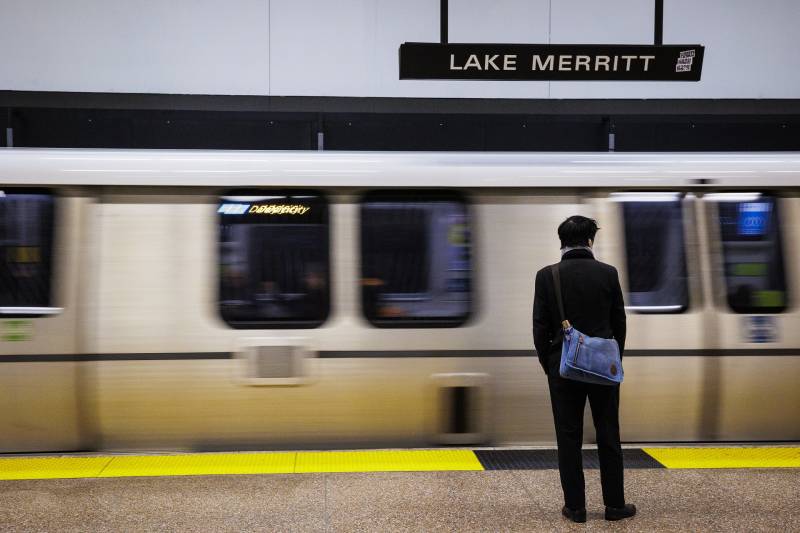The agency confirmed Tuesday that BART police have an active investigation underway into fiber-optic cable vandalism. However, the agency declined to comment on how many incidents police are looking into, whether they’re working with outside agencies or whether they have identified any suspects.
Further service disruptions
The investigation comes as the transit agency releases new details about some of the 15 or so major service disruptions the system has suffered this year. In addition to the fiber vandalism, the issues have included fires, electrical failures, defective rails and even rodents damaging train-control equipment.
“We’ve had a rough summer,” Shane Edwards, BART’s assistant general manager for operations, told the agency board of directors last week. “Our riders had a rough summer. We understand their frustration. I understand their frustration. I hear it when I’m out in the field on the trains.”
One of the episodes that caused a prolonged service disruption occurred in the early morning hours of June 26, an event BART described on social media at the time as a derailed maintenance vehicle followed by emergency track repair work.
Edwards disclosed that the 3 a.m. derailment involved a collision between a pair of work trains near downtown Oakland’s 19th Street station, an incident he called “avoidable” and which has led to disciplinary proceedings against both operators.
In answer to follow-up questions this week on Edwards’ presentation, BART said the derailment cost the agency $8 million in equipment damage, labor expenses and revenue lost during a daylong shutdown of its Red Line between Richmond, San Francisco International Airport and Millbrae.
The most serious service foul-up occurred July 27, when the system’s vital rail junction in central Oakland was shut down for 17 hours after an electrical fire at the 12th Street station. A loss of electrical power prevented trains from running through the area and forced East Bay-bound trains to turn back toward San Francisco at the West Oakland station.
In his board presentation, Edwards acknowledged that the trouble-plagued service of recent months “is not the product that we expect to deliver to our patrons.”

